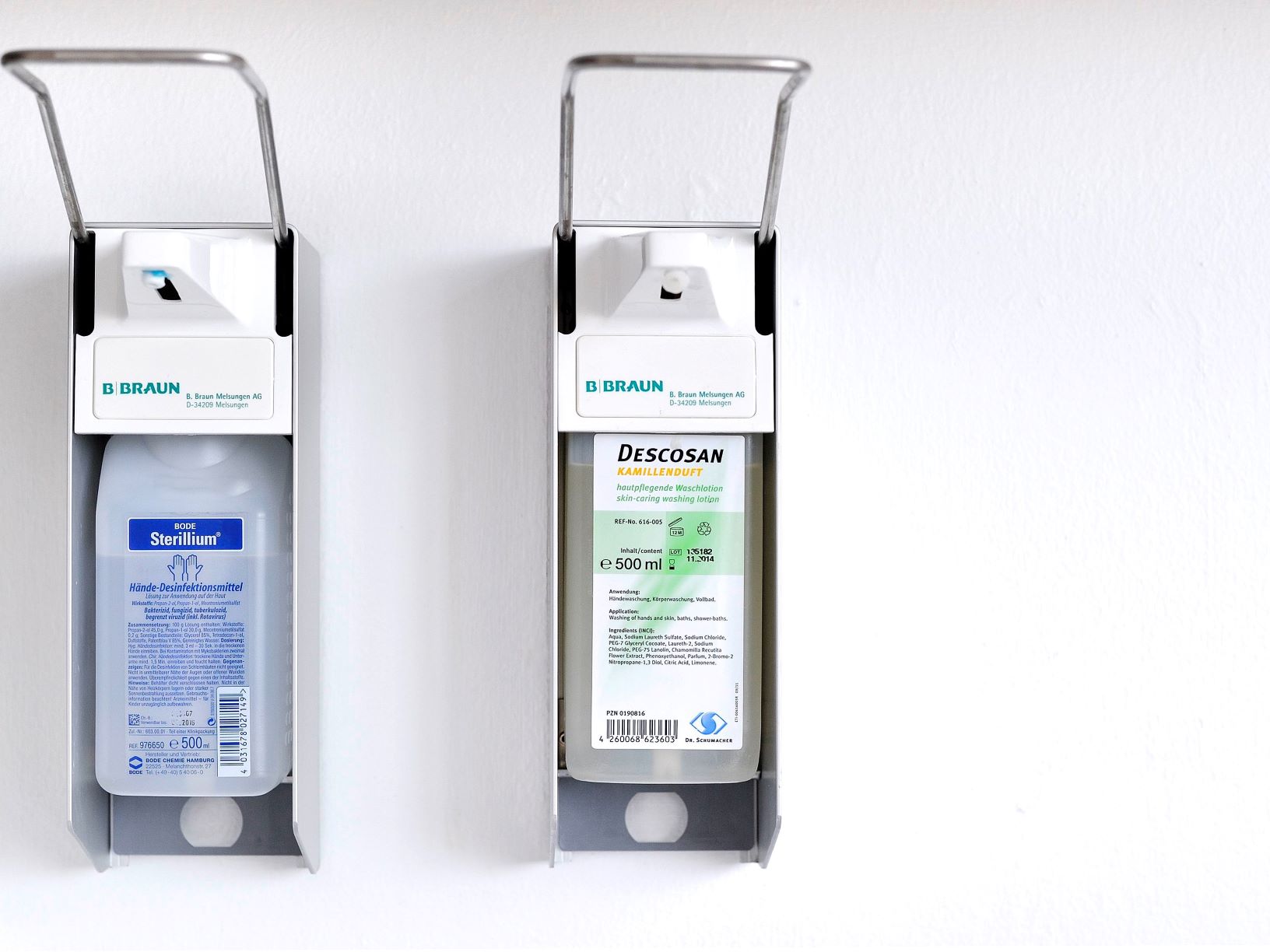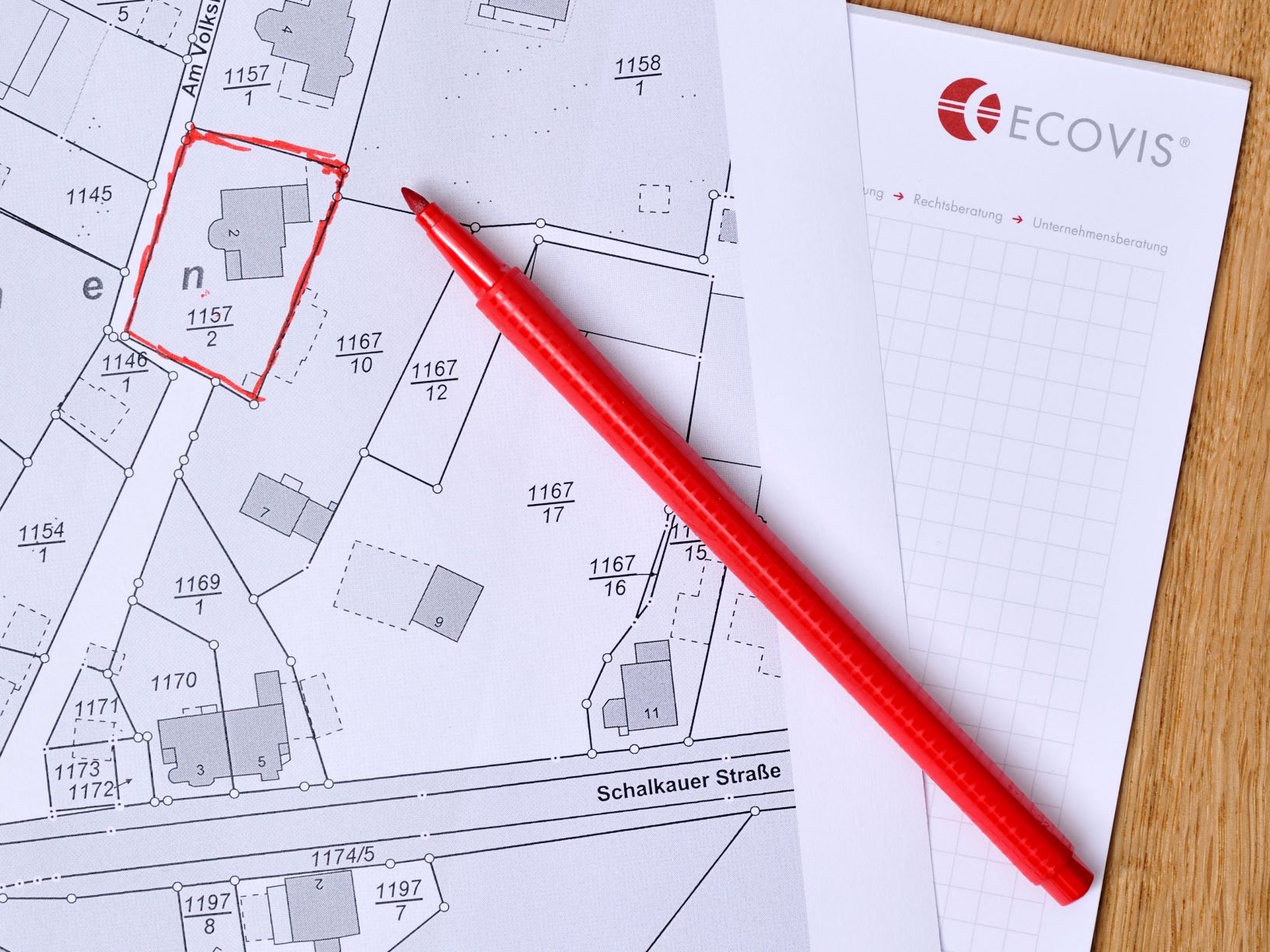Obligation of the Czech employers to ensure the occupational health condition of its employees and other related services in the field of occupational medical care. Occupational doctor in Czech Republic
Obligation of Czech employers to ensure the occupational health condition of its employees and other related services in the field of occupational medical care. Occupational doctor
Each employer in the Czech Republic has the legal obligation to ensure the provision of occupational medical and other related services for its employees. The legal regulation is divided into several legal acts, specifically in Act No. 262/2006 Coll., the Czech Labor Code (the „Czech Labor Code“), in Act No. 373/2011 Coll., on Specific Health Services (the „Czech Act on Specific Health Services “) and in Act No. 258/2000 Coll., on the Public Health Protection (the „Czech Public Health Protection Act“) . In the last few years, there have been several amendments to the above-mentioned acts, especially a major amendment to the Czech Act on Specific Health Services in 2017. We still quite often encounter questions from our clients – employers, who are not sure about what medical services are they actually required to ensure for their employees or how to cover the costs of these medical services. In this article, the ECOVIS ježek team brings you a general overview of the Czech employer's obligations in the field of medical services for its employees, which are the employers legally obliged to provide through their occupational doctor.
Classification of works in the Czech Republic
For the purposes of providing occupational medical services, individual works are classified into specific categories by the Czech Public Health Protection Act, and related Ministry Decree No. 432/2003 Coll. set out the precise conditions for classification of individual works into categories according to the probability of health risks in the performance of such work. The higher the category (1st - 4th), the higher the risk of a possible accident and health risk for the employee, and the wider the range of obligations of the employer in relation to these employees.
Each employer in the Czech Republic is obliged to categorize the works that his employees perform at its workplace, no later than 30 calendar days from the date of commencement of such works. Work classification is both a tool for the employer itself to be able to properly provide occupational medical services for its employees, and a tool for supervisory authorities (especially work related medical and safety authorities and public health authorities), which therefore obtain clear information on how risky the workplace of an individual employer is.
Works are categorized according to the occurrence and number of risk factors in a typical employee shift, set out in the Ministry Decree No. 432/2003 Coll., especially hygienic limits of dust, noise, vibration, physical load, heat or cold stress, working position, mental stress, etc. into the following categories:
| Category | Impact on health | Exceeding the hygienic limits | Examples |
|---|---|---|---|
| 1. category “work without risks” | Very unlikely to have impact on employee’s health | Not exceeded | Administrative works in offices |
| 2. category “work with moderate risks” | Impact on health only in exceptional cases, especially in case of very sensitive individuals | Not regularly exceeded, the criteria are set out in Annex No. 1 to the Ministry Decree 432/2003 Coll. | Handling of loads (30 - 50 kg for men and 15 - 20 kg for women), work in a forced work temple, or in unnatural positions. |
| 2. (risky) category “work with risks” | Works from the 2. Category, for which the public health authority has decided that it is risky work, while it is not yet work that can be included in 3. category | Not regularly exceeded, nevertheless the public health authority considers that the damage to the health of the employee could occur. | Any works from the 2. category, which is considered by the public health authority as risky. |
| 3. category “risky work” | Impact on health are likely, works in which occupational or work-related illnesses regularly recur. | Hygienic limits are regularly exceeded and it is necessary to use personal protective equipment and other measures | Welder, night porter, warehouseman, carpenter |
| 4. category “highly risky work” | Very high risk of impact on the employees’ health | Hygienic limits are constantly being exceeded, and even with the use of personal protective equipment and other measures, this risk cannot be completely reduced | Work in noisy, or highly dusty environment, works with transmission of significant vibrations to the hands, in extreme heat or work in chemical and biological laboratories |
The employer itself decides on the classification of work into the 1st category, and such decision is not notified to any authority. The employer can also decide on the classification of work into the 2nd category, and such decision shall be notified to the regional hygienic station, which assesses and approves the decision, or decides on classifying the work into a higher category (2. (risky), 3. or 4. category). The classification of work into the 2. (risky) category, 3. category and 4. category is decided by the regional hygienic station on the proposal of the employer.
Legal undertakings of the Czech employer
The Czech employer is obliged by law to provide occupational medical services for its employees. Occupational health services are defined by the Czech Act on Specific Health Services in its Section 53 as "Preventive health services, which include the assessment of the impact of work, work environment and working conditions on health, the performance of occupational health examinations, which are preventive examinations, and the assessment of health status to assess medical condition for work, occupational health counseling and protection against accidents at work, occupational diseases and work-related diseases, training in the provision of first aid and regular supervision of workplaces and work performance."
In practice, there are two main areas of the occupational medical services, i.e. the medical examinations of health condition of the employees at least in the legally required extent, and the provision of medical advice and supervision services to the employees.
In accordance with the Section 54 of the Czech Act on Specific Health Services, occupational medical services may be provided by providers of services in the field of occupational medicine or providers in the field of general practice medicine (general practitioners).
The Czech employer (including the self-employed) is obliged to enter into a written contract with the occupational health service provider whenever he has at least one employee. This contract must specify in which categories (see above) the work performed by employees for the employer is included and further include the extent to which occupational health services are provided by the provider, the provider's obligations, the employer's obligations, the price of services and duration of the contract. If the employer has a contract with a provider of occupational health services from before 1 April 2012 (ie before the entry into force of the Act on Specific Health Services), and this contract contains all the requirements listed above, it is not necessary to conclude a new contract.
The contract with the provider of occupational medical services (occupational doctor) is also a key document for determining the scope of occupational medical services that are provided by the employer to his employees. It is not necessary to provide all occupational medical services defined by law, but only those that are relevant with regard to ensure safety and eliminate health risks at the workplaces of a particular employer.
The employer may, in the cases of works included in the 1. category if conditions for performance of such work are not set out in a special legal regulation, provide occupational medical examinations of employees, assessment of medical condition for work and issuing medical reports on medical condition to work through the general practitioner of the particular employee, on the basis of a written request to the general practitioner of such employee from the employer (possibly also for an applicant for particular employment). However, this does not release the employer from the obligation to conclude a contract with the occupational medical service provider for the provision of the remaining occupational medical services, if this is necessary for protection of employees' health, i.e. in particular for the provision of medical advice and supervision to employees.
Evaluation of the health condition of employees - occupational medical examinations. Occupational doctor in the Czech Republic
The most extensive area of ensuring the protection of employee‘s health (or applicants for employment) is regular assessment of employee's health condition, which is carried out through so-called occupational medical examinations provided by the occupational medical service provider with whom the employer has a written contract, i.e. occupational doctor.
Occupational medical examinations may also be performed by the employee's general practitioner, at the request of the employer and only if the employee performs work classified in the 1. category and that the law does not require any special conditions of medical condition for this type of work.
The Ministry Decree No. 79/2013 Coll., On the Implementation of Certain Provisions of the Act on Specific Health Services, distinguishes five types of occupational health examinations:
1. Initial examination
The purpose of the initial examination is to determine the medical condition of the employment applicant, especially before the employment is commenced with a particular employer, and also before the commencement of a employment relationship similar to the employment (i.e. the public service employment), and if it is risk-related work, or work for which are set specific conditions of medical condition (especially the night work, or work with increased mental stress), or if the employer has doubts about the medical condition of the employment applicant, an initial examination is carried out even if an one of the agreements on work carried out outside of the employment is to be concluded.
The employee is also obliged to undergo an initial examination if there is a change in the type of work employee performs for the employer, or if employee is transferred to another work, if due to such change, the working conditions compared to the employee's current work position are worse.
Pursuant to Section 59 para. 2 of the Czech Act on Specific Health Services, the employer bears costs for the initial examination only if the applicant is accepted for the job position, otherwise the employee pays for the entrance examination himself/herself. This provision can be excluded by concluding an agreement between the employer and the applicant on the payment of the initial examination. The employer bears costs for the initial examination of all job position candidates where the work is to be performed by the employee at night (so-called night work, which according to the Czech Labor Code is any work performed by the employee between 10:00 p.m. and 6:00 a.m.).
2. Periodic examination
Periodic examinations are regular examinations performed during the employee's employment. The purpose is to preventively monitor the medical condition of an employee, to recognize its changes capable of endangering the health of such employee or his surroundings. The interval at which the employee is obliged to undergo periodic examinations always depends on the category of work performed (see below) and the age of the employee, or also according to the degree of risk to health during the performance of the work. Another legal regulation may stipulate the intervals of periodic examinations differently for a specific works (e.g. medical condition of professional drivers, see table below).
Periodic examinations are in general carried out for employees in an employment relationship, i.e. for those who work for the employer on the basis of an employment contract, but they cannot be ruled out even for employees with agreements on work performed outside the employment relationship. These are cases where the employer requires a periodic examination from the employee, even though the employee is performing work on the basis of one of the agreements on work performed outside the employment relationship, or cases where the employee repeatedly performs work of the same type, although on the basis of agreements on work performed outside employment, but for a period exceeding the length of the legal intervals laid down for periodic examinations.
The Czech employer always bears costs for the periodic examination of all of its employees.
Intervals of periodic examinations according to the category of work and age of the employee:
| 1. category | 1 periodic examination in 6 years if the employee is 49 years old or younger |
| 1 periodic examination in 4 years if the employee is 50 years old or older | |
| 2. category | 1 periodic examination in 4 years if the employee is 49 years old or younger |
| 1 periodic examination in 2 years if the employee is 50 years old or older | |
| 3. category | 1 periodic examination in 2 years no matter the age of the employee |
| 4. category | 1 periodic examination annually, no matter the age of the employee |
With regard to employees included in the 2. category, who perform work in which appears one of the risk factors of health threat listed in Annex No. 2 to Decree No. 79/2013 Coll. on the Implementation of Certain Provisions of the Act on Specific Health Services, are required to undergo a periodic examination once in every 4 years if the employee is 49 years old or younger, and once in every 2 years if the employee is 50 years old or older.
Employees working at night must undergo a periodic examination at least once every 2 years, regardless of their age and category of their work. Professional drivers are obliged to undergo a health (periodic) examination at least once every 2 years, if the are not older than 49 years. After that (50 years old and older), they have to undergo the periodic examination always at least once a year.
In case that it is possible to assess a particular employee according to more than one of the above-mentioned criteria, the periodic examination must be carried out within the shortest period of time.
3. Extraordinary examinations
An extraordinary examination is intended to ascertain the employee's medical condition in the event, when there is reasonable suspicion that the medical condition for work of such employee has been lost or changed, or if there is an increased risk level for a previously considered risk factor of working conditions (cf. higher risk factors for work categorization).
It is carried out in particular at the request of the employer, either on the employer's own initiative or on the initiative of the employee. It is possible to request the extraordinary examination also in case, where the public health authority considers such extraordinary examination as necessary, based on the result of the inspection carried out at the employer’s workplace at the workplace at the.
The employer is obliged to send the employee for an extraordinary occupational medical examination whenever the employee requests so.
In the case of an initial, periodic and extraordinary examination, the health condition and competence of the employee in relation to the work performed are always ascertained and a medical report is always issued.
4. Final examination
The purpose of the final examination is to determine the medical status of the employee at the time of termination of work performance, especially with regard to whether the employee has not undergone such changes in health/medical condition, which can be inferred from the health intensity of the work performed.
The final examination is carried out only for employees performing work classified as 2. (risky), 3. or 4. category, or if the employee was diagnosed with an occupational illness or threat of an occupational illness at the time of work with the current employer, if they persist.
No medical report is issued, but only a confirmation of the final examination.
5. Follow-up examination
Follow-up examination is a legislative abbreviation for a medical examination performed after the end of highly risky work i.e. after an employee performing work classified in the 2. (risky), 3. or 4. category has been transferred to another work classified in a lower risk or non-hazardous category, i.e. the 2. or 1. category.
Night work (night shifts)
The employer shall ensure that the employee is examined by a doctor before being assigned to night work (i.e. work performed from 10:00 p.m. to 6:00 a.m.) and that he or she will be regularly (periodically) examined as needed, but at least once in every two years, and at any time during assignment to night work, if the employee requests so (extraordinary examination), re-examined by a doctor in order to detect in time any changes in employee’s health that could be related to the assignment of the employee to night work. This examination is performed by a doctor who has a contract with the employer as a provider of occupational medical services for such employer. In this case, the examination cannot be performed by the employee's general practitioner, as night work is always included at least in the 2. category in the categorization of works. Costs for all of the above-mentioned medical examinations of an employee who is assigned to night work always bears the employer (including the initial examination, even if the employee is only a candidate, cf. above).
Consulting and supervision of a contract doctor over the performance of work
Another area of employee health protection and occupational medical services is the professional advice of a contractual doctor (i.e. a provider with whom the employer has a contract for the provision of occupational medical services). In particular, it is to advise the employees and the employer in many areas, such as physiology and psychology of work, work and rest regime, in the construction and reconstruction of workplaces, or in the introduction of new technologies and procedures, personal protective equipment, or in preparing workplaces for people with some kind. disability and many others.
Finally, the last major area of employee health protection health protection and occupational medical services is occupational medical supervision, especially regular supervision at workplaces and supervision of the performance of work in order to identify and evaluate (potential) risk factors. The contractual doctor is obliged to perform supervision at all workplaces of the employer at least once a calendar year, or once every 2 calendar years, if only work classified in the 1. category is performed at the workplace.
The contract physician also supervises the company's catering facilities, and also assesses the risks involved in performing work and analyzes the incidence of occupational diseases and accidents at work. Finally, it also cooperates with the employer in the elaboration of proposals for the elimination of identified gaps in the employee’s health protection, e.g. following an inspection of the employer by the public health protection authority.
Consequences of neglecting the employer's obligations in relation to the protection of employees' health in the Czech Republic
If the employer does not fulfill the above-mentioned obligations, there is a risk of fines to be imposed on such employer both from the public health authority and from the labor inspection. In the event of a breach of the obligation set out in the Czech Public Health Protection Act in the area of occupational medical services and health protection of the employees, such breach is considered as the administrative offense for which a fine of up to CZK 3,000,000 may be imposed (Section 92h of the Czech Public Health Protection Act). In particular, it is a breach of the obligation to categorize works, to provide suitable work protective equipment for employees, to send employees for statutory periodic examinations, to assigns employees work in accordance with a medical opinion of the contractual doctor.
In the event that the employer does not ensure a medical examination for a juvenile employee, or employs such an juvenile employee in conflict with the issued medical report, the employer can face a fine of up to CZK 2,000,000 (Section 30 of Act No. 251/2005 Coll., on Labor Inspection). ).
Summary
It can be summarized that the most fundamental obligations of every employer include concluding a contract with a provider of occupational medical services, which will have all the statutory requirements, categorize the works performed by its employees at the workplace, inform employees about the category in which their work is listed in, and regularly assess the medical condition of the employees, or candidates (i.e. arrange for regular medical examinations). The employer should not have assign any work to the employee until such employee is examined as fit for such work. The employer must also ensure, that his/her employees are provided advice and supervision of a contractual doctor.
The costs of occupational medical and health services are, in principle, always borne by the employer, with the exception of the costs of initial examinations of employment applicants, who were not selected by the employer in the end (unless there is an agreement on reimbursement of the initial examination costs).
For more information, contact us at:
JUDr. Mojmír Ježek, Ph.D.
ECOVIS ježek, advokátní kancelář s.r.o.
Betlémské nám. 6
110 00 Praha 1
e-mail: mojmir.jezek@ecovislegal.cz
www.ecovislegal.cz
About ECOVIS ježek advokátní kancelář s.r.o.
The Czech law office in Prague ECOVIS ježek practices mainly in the area of Czech commercial law, Czech real estate law, representation at Czech courts, administrative bodies and arbitration courts, as well as Czech finance and banking law, and provides full-fledged advice in all areas, making it a suitable alternative for clients of international law offices. The international dimension of the Czech legal services provided is ensured through past experience and through co-operation with leading legal offices in most European countries, the US, and other jurisdictions. The Czech lawyers of the ECOVIS ježek team have many years of experience from leading international law offices and tax companies, in providing legal advice to multinational corporations, large Czech companies, but also to medium-sized companies and individual clients. For more information, go to www.ecovislegal.cz/en.
The information contained on this website is a legal advertisement. Do not consider anything on this website as legal advice and nothing on this website is an advocate-client relationship. Before discussing anything about what you read on these pages, arrange a legal consultation with us. Past results are not a guarantee of future results, and previous results do not indicate or predict future results. Each case is different and must be judged according to its own circumstances.














